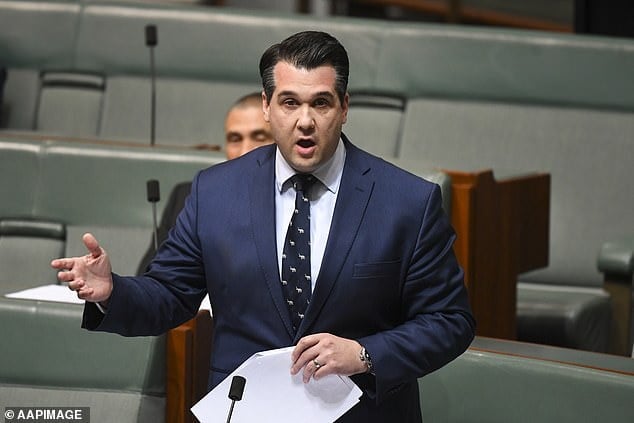So, the Department of Finance says telling the public about improper use of electorate staff to faction-stack on the public purse is contrary to the public interest. We beg to differ, as do most people.
According to Nick McKenzie at The Age and Sydney Morning Herald who sought an FOI on the subject, witnesses to this rorting were not interviewed, and anyway, the Department says it doesn’t have the power to do anything about it:
…Finance has no powers of compulsion and requires the voluntary cooperation of… employees. I consider that if this information was released, it would reasonably follow… employees would be reluctant to voluntarily provide confidential information for any future investigations.”
Furthermore, it seems Michael Sukkar and Kevin Andrews provided ‘information’ to the Department on the basis that it was ‘strictly private and confidential’.
This is yet more reason for having an integrity commission with the power to investigate members of parliament who rort the system, to uncover the truth and, yes – make it public.
And another thing, if the AEC rules for membership of political parties that are not currently in the parliament were applied to all, faction and branch stacking would be a lot more difficult.
The AEC currently has no power to investigate whether party members are real or not, whether they even knew they were being signed up or not, whether they are on the electoral or not, whether they belong to more than one party or not. It’s a free-for-all in the internal battle for power.
It’s also a closed shop for those who make the rules – that’s how they like it. Anti-competitive? Corrupt? You bet!
See here for our Rorts Watch. The list of rorts is now up to 40 and that’s just in the last 2 years.
Here’s what national integrity system should include:
- National Integrity Commission (new)
- Office of the Australian Information Commission
- Commonwealth Ombudsman
- Whistleblower Protection Authority (new)
- Australian National Audit Office.
- Commissioner for Ministerial & Parliamentary Ethics (new)
- Commission for Law Enforcement Integrity (new)
A NIS should be independent, appointed by the Governor General on the advice of the Parliament and funded as determined by a committee of parliament.
It must have the investigative powers of a royal commission and be able to conduct public hearings. It must be able to receive and refer complaints from the public .
It should make findings of fact, but not findings of corruption, and leaves questions of prosecution to the Director of Public Prosecutions.
See here for our plan.

